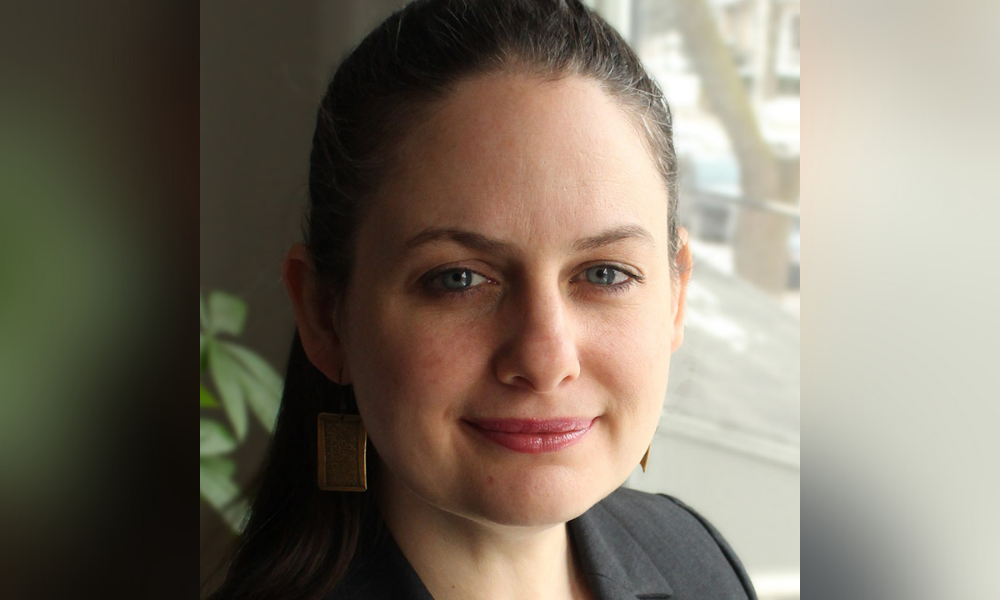Feds evade accountability and hope an investigation will primarily look at protesters: CCLA

The Canadian Civil Liberties Association is dissatisfied with the federal government’s vision for the inquiry into the use of the Emergencies Act to end the freedom convoy protests. Abby Deshman, director of the Criminal Justice Program for the CCLA, says it demonstrates that they are hoping for an investigation that will look primarily at the protesters’ actions when the inquiry is to ensure a robust examination of the government’s use of emergency powers.
“The broader context is important, but the government’s attempts to divert attention from their own actions is concerning,” Deshman says.
The Emergencies Act contains several legal restrictions and thresholds that are essential safeguards for Canadian democracy and the obligation to call a public inquiry into the Act is intended as an accountability mechanism for the government, she says. “When you use this act, you get to bypass many of the normal democratic channels and because of that, it is a really extraordinary power.”
Following the legislation’s mandate for a national inquiry within 60 days after invoking the Emergencies Act, the federal government established the Public Order Emergency Commission to examine the events that led to the use of the Act to end the blockades by protestors against vaccine mandates and the preceding measures taken to address the emergency. The commission will present a final report, including key findings and “lessons learned,” to the House of Commons and Senate by Feb. 20, 2023.
The prime minister’s office said on Monday that the inquiry would examine the “evolution and goals” of the protests, the organizers, and participants; the role of domestic and foreign funding, including crowdsourcing; social media use and the impact of sources of misinformation and disinformation; the economic and international implications of the blockades; and the “efforts of police and other responders” before and following the declaration of an emergency.
Canadian Lawyer previously reported that the CCLA is seeking a judicial review of the government’s decision to invoke the Emergencies Act to deal with blockades and protests. Deshman says the prime minister’s office statement evaded government accountability and emphasizes why the lawsuit must continue.
She hopes the inquiry will focus on the government’s actions and the legality and propriety of responding to protestors using the Act.
The CCLA is also concerned about the precedent the federal government’s decision has set regarding the use of emergency powers.
The freedom convoy blockade posed unique challenges in Ottawa, but Deshman says many demonstrations across the country significantly impact the economy and local communities and are difficult to police.
“There needed to be government actions. We recognize that the protests and the occupations caused a significant impact on the country and significant hardship for many people in downtown Ottawa. However, that alone is not enough to legally use this legislation.”
It is typical for protests to disrupt cities, residents, and businesses to be effective, and although there are limits on the disruptions, Deshman says they are sometimes difficult to discern and are context-specific. For example, in Quebec, student protests have tied up downtown cores of major cities for months, and there have been road blockades that target logging routes and gas exploration.
“The fact that a protest is disruptive should not in and of itself justify the use of the Emergencies Act.”
Deshman says normalizing the use of emergency powers in response to protests will significantly impact already overpoliced marginalized communities when they protest, particularly racialized and Indigenous communities.
The government also highlighted the international trade impact of the freedom convoy protests and the blockade, but she says it is still not a unique feature of demonstrations.
“We often get protests targeting situations that other countries would not be happy about Canadians speaking about and have international repercussions for diplomatic relations and trade.”










